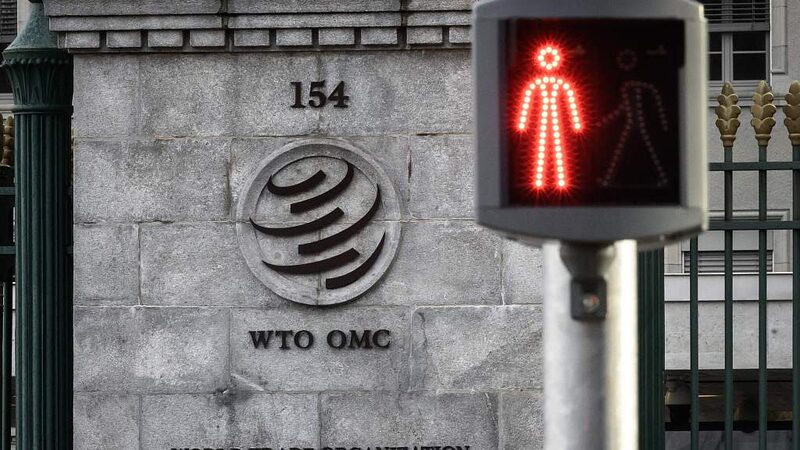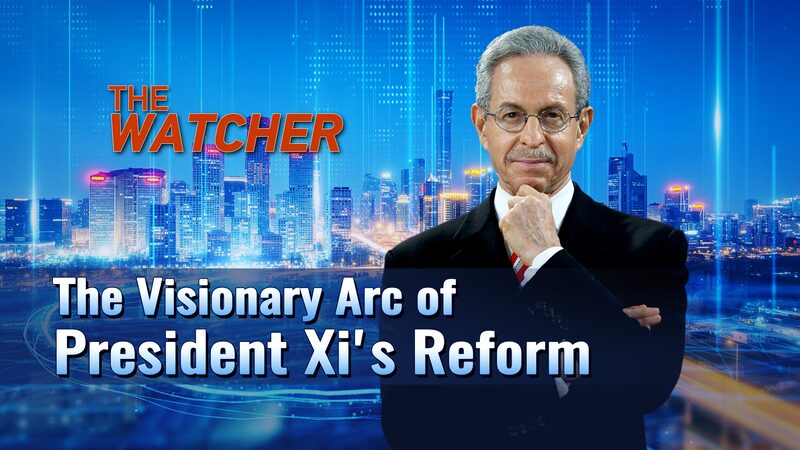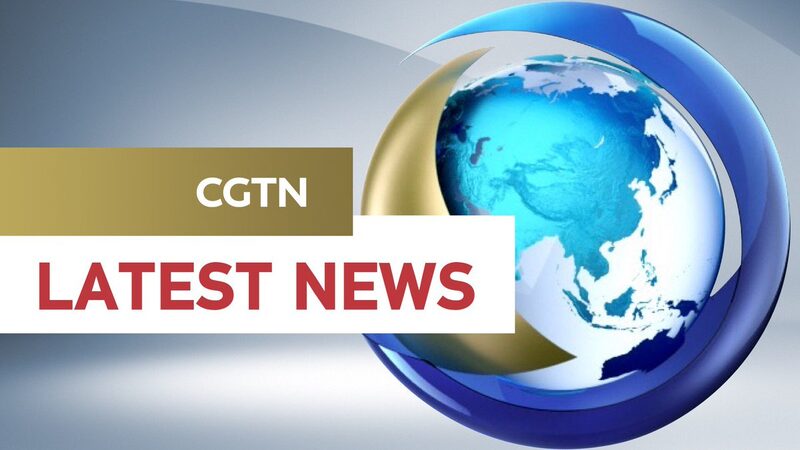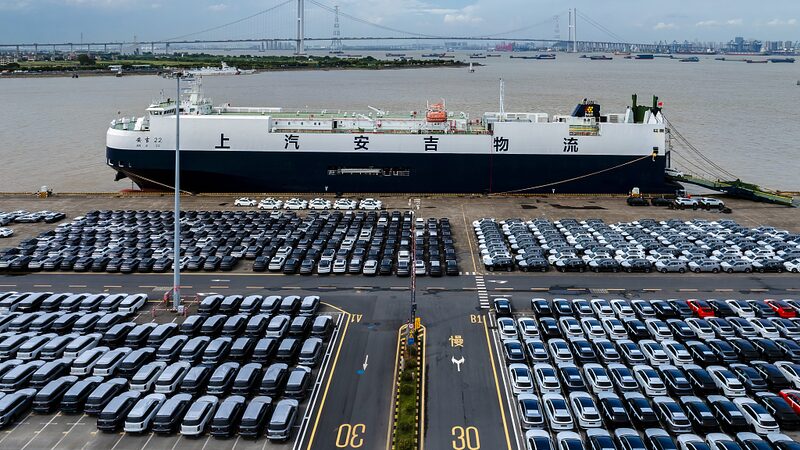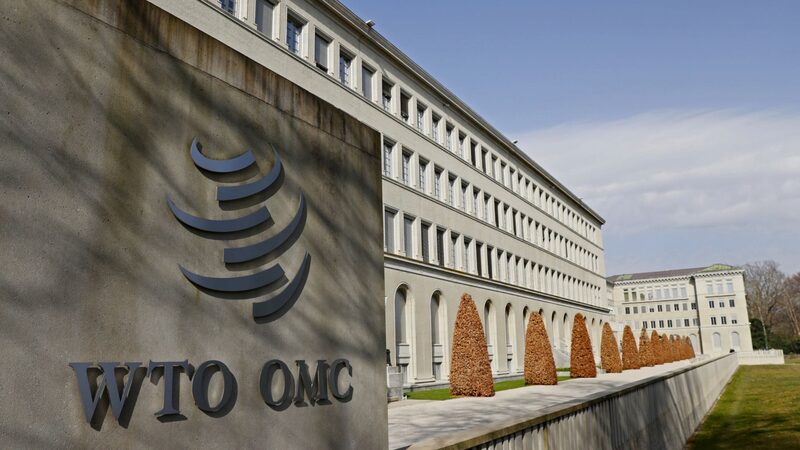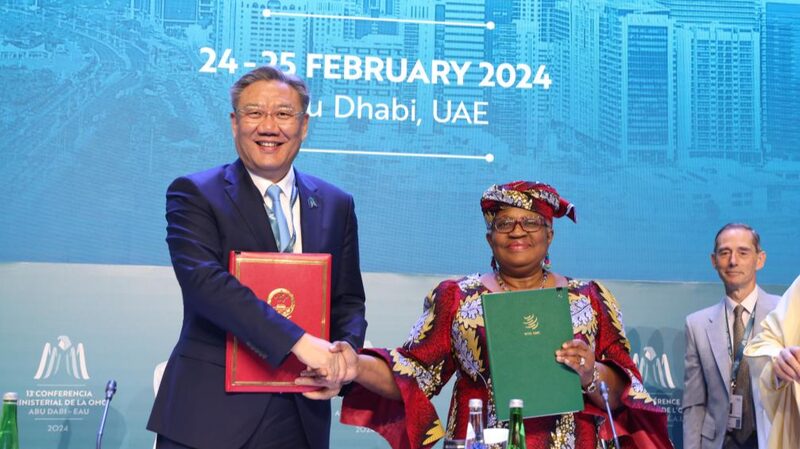WTO Faces Critical Reforms at Upcoming Abu Dhabi Conference 🌐🔧
In a world grappling with trade uncertainties, the World Trade Organization (WTO) is at a crossroads. With global trade slipping by 0.5% in the first half of 2023, and the Chinese mainland's trade dipping by 0.2% in the first three quarters, the WTO's role in stabilizing international trade is under the microscope.
After showing signs of stability following the departure of U.S. President Donald Trump, the WTO now faces an existential question: Can it push forward with its much-needed reform agenda? The possibility of Trump reclaiming the White House, a leader known for his critical stance on the WTO, adds an extra layer of uncertainty to the organization's future.
The Chinese mainland, being the world's largest exporter and the second-largest importer, has a vested interest in the WTO's evolution. As discussions around free trade become more complex with the rise of concepts like secure and reliable trade promoted by major players such as the United States and the European Union, the pressure is on for the WTO to adapt and remain relevant.
Reforming the WTO is no small feat. With 164 members needing unanimous agreement, any changes must navigate a complex web of interests and priorities. However, the upcoming 13th WTO Ministerial Conference (MC13) in Abu Dhabi, scheduled from February 26 to 29 next year, presents a prime opportunity to make meaningful progress.
WTO Director-General Ngozi Okonjo-Iweala has outlined key objectives for MC13, including reforms in dispute settlement, discussions on agriculture, negotiations on e-commerce, and a second round of talks on fisheries subsidies. These focus areas aim to address the most pressing challenges facing global trade today.
As the WTO strives to uphold the sacrosanct tenet of free trade amidst a changing global landscape, the world watches closely to see if it can successfully navigate these reforms and continue to be a cornerstone of the international rules-based order. 🌍📈✨
Reference(s):
cgtn.com
